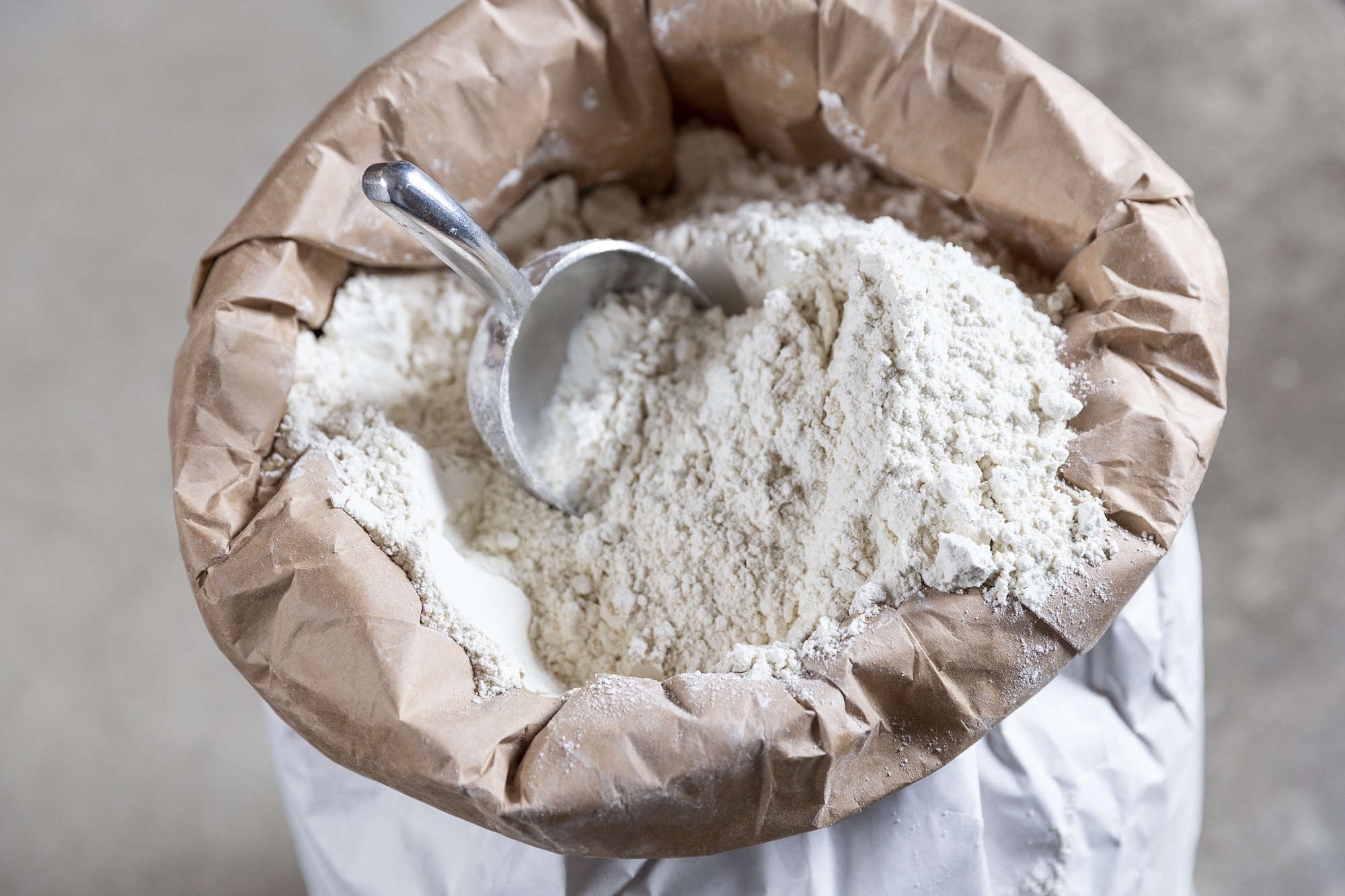Our heritage wheat flour
When we refer to heritage grains we are specifically referring to the UK grown organic and stone milled wheat flour which makes up a large percentage of our dough. It is grown in Buckinghamshire from genetically diverse mixtures of old varieties. In contrast to modern wheat fields, each plant in these fields is slightly different to its neighbour.
The farmer, a very nice man called John, has been growing heritage grains for almost 30 years. Nature ensures that plants within the mixture that are not adapted to local growing conditions produce less seed and become less common year on year, leaving the stronger ones to pass on their genes.
Slowly, season after season, the crop adapts to its local environment, growing tall enough to out compete weeds and developing deep root systems to reach water and nutrients. As there is genetic diversity in the field, should there be an outbreak of some kind of pest the whole field is very unlikely to be affected. This means that no agri-chemicals - fertilisers, herbicides, pesticides and fungicides - are required to ensure a bountiful crop.
Once harvested the wheat is stone ground in an ancient water mill in Staffordshire and sifted to create a ‘wholesome white’ flour that retains much of the fat and goodness from the endosperm.
We then take the flour as fresh as possible and use it in our dough. We find that the freshness of locally stone ground wheat adds an added depth to the dough’s flavour, while stone grinding ensures all the goodness from the wheat kernel is included.


